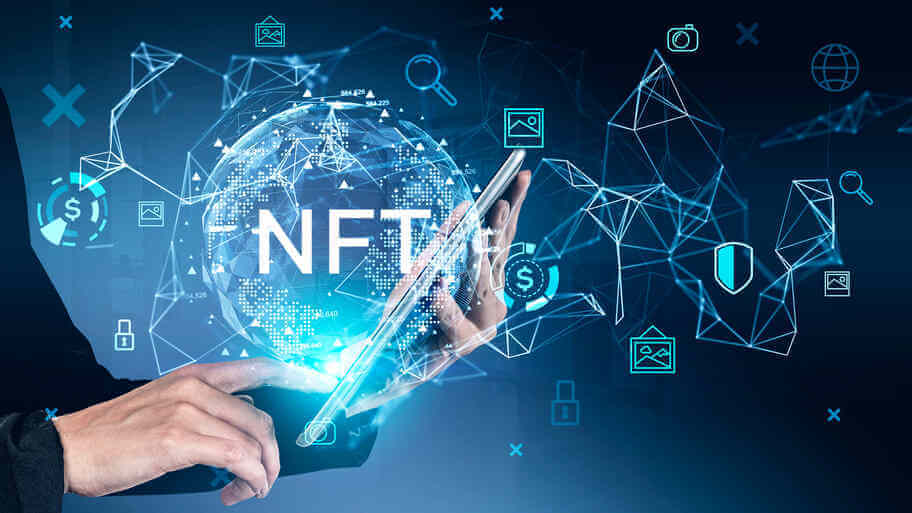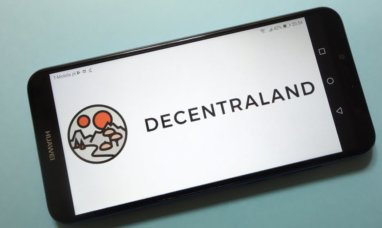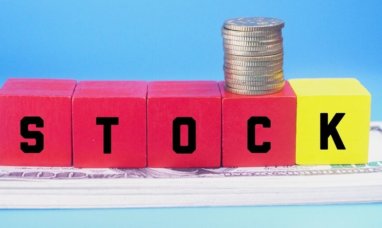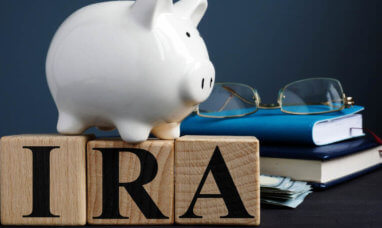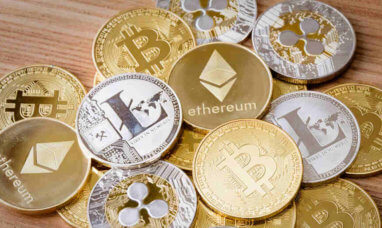NFTs have become a status symbol in recent times, owing to the growing popularity of non-fungible tokens. However, what are they, and more importantly, are they worth your time and money? The most important question is whether or not you should be investing in NFTs.
The soaring value of bitcoin and other Cryptocurrencies has had an unexpected side effect: a surge in demand for non-fungible tokens, or NFTs. As a result, investors worldwide are debating whether holding the digital rights to street art, Jack Dorsey’s first tweet, or LeBron James slam dunks can be worth the extremely high prices that these assets are commanding on the market. However, suppose you are not a zealous collector seeking to acquire the latest digital art piece by Beeple, the artist whose EVERYDAYS NFT fetched $69 million, but rather a modest investor wondering about the potential return on investment and FAANG-like rise of NFTs. As always, proceed with caution.
What Is a Non-Fungible Token?
A fungible asset is something having easily interchangeable units in economics, such as money. With money, a $100 note may be exchanged for two $50 notes and retain its worth. Nevertheless, if something is non-fungible, it will be impossible since it possesses unique characteristics that prevent it from interchanging with another item. An NFT might be more like a home or a one-of-a-kind painting, such as the Mona Lisa. You may photograph the painting or purchase a print, but there will never be more than one original.
Consider digital tokens to be certificates of ownership for either virtual or tangible assets. An NFT is a type of cryptographic technology that enables the proof of ownership and validity of an underlying asset, often digital. As with cryptocurrencies such as Bitcoin, NFTs are generated (or minted) and recorded using blockchain technology. NFTs may be created using digital asset and blockchain platforms, such as Rarible’s digital asset toolkit, RARI. These NFTs may subsequently be purchased and traded through marketplaces connected to the underlying blockchain technology. Therefore, we must differentiate NFTs from digital files like exfat.
EXFAT vs. NFTs
Paintings and other traditional works of art are valued because they are one-of-a-kind pieces of art. Digital files in the form of Exfat, on the other hand, can be endlessly replicated and indefinitely reproduced. However, with NFTs, artworks are “tokenized,” resulting in creating a digital certificate of ownership that can be purchased and sold on the open market, such as OpenSea or Coinbase.
Should I Include NFTs in My Investment Portfolio?
Some NFTs’ value has risen extraordinarily in the last year, piquing investor interest. Since most NFTs represent static assets that don’t generate any revenue on their own, buyer demand is the primary indicator used to evaluate them. As a result, high prices for NFTs may not endure indefinitely, and their value may decline significantly. However, not all NFTs are bubble assets, and not all assets trapped in a market bubble are doomed to fail.
Consider the dot-com era. While there were some well-known failures, such as Webvan and Pet.com, several hidden gems provided exceptional long-term value to those who hung on through the storm or bought cheaply at the bottom. For example, Amazon’s stock peaked at $113 in 1999—and then dropped to $5.51 in late 2001 when the bubble burst. Amazon is currently trading above $3,000 per share.
Another aspect of the NFT market is clear: as the popularity of non-fungible tokens grew in early 2021, their relative scarcity aided in their perceived value. However, similar to the podcast frenzy before them, nearly everyone and their mother is now releasing NFTs. This makes it far more difficult to distinguish tokens with Amazon-like potential from potential dot-com-era duds.
Are NFTs a Good Fit for You as an Investor?
There is no hard and fast rule for determining which collectibles will appreciate in value and which will not. However, spotting a new NFT trend early on might pay you handsomely in the long run. Certain digital pieces of art that were once sold for pennies have afterwards sold for thousands of dollars.
For creators, creating and selling digital assets may make a lot of sense. However, purchasing NFTs for their collector value is a risky investment. Value is speculative and will change according to the level of demand for the work. If you have an appreciation for art, music, and other forms of expression and love collecting, dabbling in NFT investment may make sense for you.
Whatever the situation may be, the following are some points to consider while purchasing: the asset’s inventor, its uniqueness, the asset’s ownership history, and if, once acquired, the asset can be utilized to create revenue.
Is It Worth It?
Non-fungible tokens, or NFTs, are another aspect of the recent cryptocurrency explosion. According to NonFungible, around $250 million worth of NFTs were traded in 2020. This is a 299 percent raise over the previous year. And this is only one of the reasons why individuals are debating whether or not to purchase NFTs. The primary risk associated with investing in NFTs is the volatile and unpredictable character of this emerging sector. Additionally, they are concerned about the rising levels of energy use. Several other considerations include the following:
It’s a Brand-New Industry
Even in the next several decades, the NFT market’s future is still unclear. For example, digital art by Beeple recently sold for almost $69 million at Christie’s. The piece’s value could either continue to rise or fall substantially.
Storage
Individual assets cannot be stored in the blockchain ledger; the ledger only holds the token, not the asset itself. Your NFT includes something akin to a URL link to the item you purchased. So the digital asset will be stored in another medium that could be stolen, corrupted, and cease to exist at any time. Often users ask, “do I need a separate wallet for each cryptocurrency?” It would be best if you had a crypto wallet compatible with the platform you are minting from.
Copyright
Bear in mind that when you purchase an NFT, you will most likely not own the rights of the artwork. In many circumstances, the artist maintains copyright and is entitled to income on the object’s sale.
How to Invest in Non-Fungible Tokens
Investing in NFTs is simple. You must first create and fund a crypto wallet on an NFT marketplace to bid. Simply follow the instructions below:
-
-
- Create an account with an NFT marketplace. An NFT marketplace is an online platform for the sale of NFTs. Next, ascertain the seller’s legitimacy—many inventors and celebrities have impersonators who attempt to sell phony NFTs. Take a look at the most popular and weigh the differences between, say, Rarible vs. OpenSea.
- Get a digital wallet: You’ll need to create a digital wallet to store your NFT keys and cryptocurrency token. You can utilize either an external hardware wallet or a wallet that is connected with a bitcoin exchange (Coinbase, for example, has an integrated wallet where you can store your keys).
- Fund your account: Regardless of whether you use a cryptocurrency exchange or an external wallet, you’ll need to connect your bank account or credit card in order to conduct transactions using cryptocurrency. In addition, you may be required to undergo identification verification by the exchange platform.
- Purchase your NFT: Locate and purchase the NFT that you desire! Generally, the NFT marketplace will guide you through the procedure. It’s not dissimilar to purchasing stuff from Amazon.
-
Final Take
Before entering the NFT marketplace, make sure to perform your due diligence. A little bit of research could make all the difference between you striking gold or being left with a dud.
Featured Image: Megapixl
